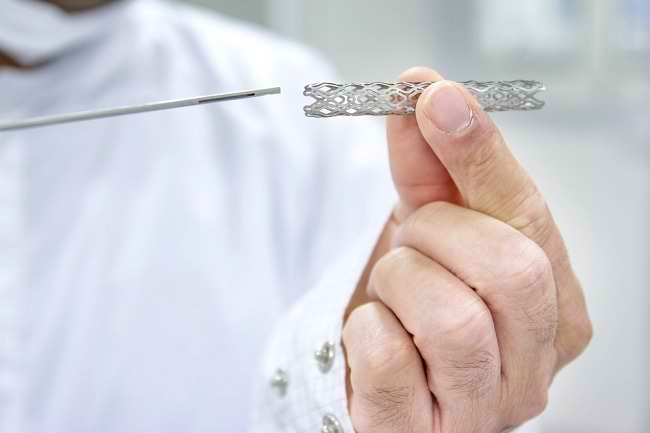Although it still sounds foreign to the ear, the health benefits of fenugreek cannot be doubted. This plant is believed to be able to prevent and treat certain medical conditions and one of them is diabetes.
Fenugreek or fenugreek is often used as a seasoning for cooking in various regions, such as the Middle East, India, and Egypt. In Indonesia alone, plants with the Latin name Trigonella foenum-graecum it is widely processed into teas, supplements, and skin care products, such as soaps, shampoos, and lotions.

Brown fenugreek seeds can be processed into herbal medicine to treat various diseases. These benefits are thought to come from the nutritional content in it, such as carbohydrates, fiber, protein, fat, and minerals, such as iron, manganese, and magnesium.
Know the Benefits of Fenugreek for Diabetes
Fenugreek seeds have long been used to treat diabetes. This benefit is thought to come from the fiber content and other chemical compounds that can slow down the absorption of carbohydrates and sugar in the body.
This claim is supported by research showing that consumption of foods mixed with fenugreek seeds can lower and control blood sugar levels. This is what makes fenugreek good consumed by diabetics.
There are also other studies that suggest that eating foods made from fenugreek flour can prevent insulin resistance and reduce the risk of type 2 diabetes.
Not only that, fenugreek is also believed to improve sugar metabolism in the body and increase the amount of insulin produced.
In addition to controlling blood sugar levels, fenugreek is also believed to be able to treat various other diseases, such as high cholesterol, stomach ulcers, constipation, gout, and arthritis.
The antioxidant content in fenugreek can protect the body from tissue damage caused by free radicals. This plant also contains antiviral compounds that can treat colds and sore throats. Fenugreek is also often used as an herbal supplement to increase breast milk production.
However, the various claims for the benefits of fenugreek above still require further research to ensure its effectiveness and the amount of intake that is safe for consumption.
Things to Pay Attention to When Consuming Fenugreek
Although it has many health benefits, fenugreek should not be consumed carelessly. Fenugreek consumed as an herbal supplement is thought to cause side effects in the form of flatulence, abdominal pain, and diarrhea.
Pregnant women are also advised to avoid consuming fenugreek because of the risk of causing uterine contractions and causing fetal defects. If consumption of fenugreek aims to increase milk production, it is recommended that you consult with your doctor first.
In addition, people with certain health disorders, such as people with liver disease and kidney disease who are undergoing treatment, are advised to avoid taking fenugreek supplements to avoid drug interactions.
However, to prevent and treat diabetes, don't just rely on fenugreek. You are also advised to live a healthy lifestyle, such as eating vegetables and fruits and exercising regularly.
If you suffer from or have a history of diabetes, have regular medical check-ups with your doctor to make sure your blood sugar is under control and prevent complications. In addition, you can also ask your doctor further about the benefits of fenugreek for diabetes.









